It used to be that heart attacks came from working too hard, living too long or just getting a good scare. These days, to avoid heart failure we have to protect ourselves from food that’s in our kitchen!
1. Sweet Drinks
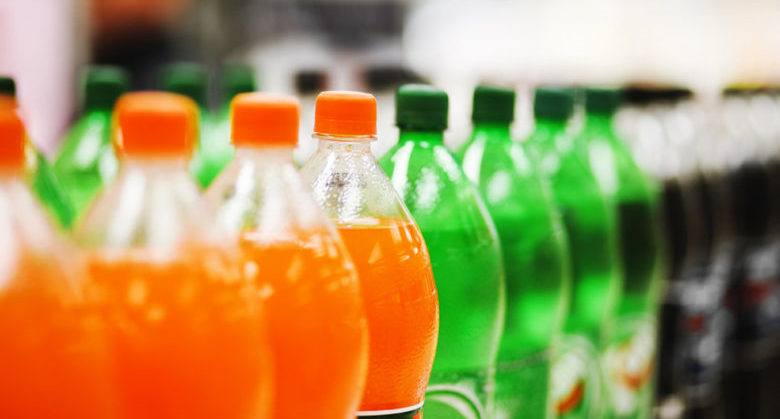
A study found that men who drank at least two sweetened beverages a day had a 23% higher risk of going into heart failure. The researchers conducting the study followed the food habits of 42,000 men over 12 years. Another study followed close to 43,000 men for 22 years and discovered that drinking one 12-ounce sweetened drink daily led to a 20% increased chance of heart attack compared to those who did not drink sweetened beverages. The study also showed that the greater number of sweetened drinks per day, the higher the risk grew.
2. Baked Goods

Let’s continue riding the “sweet” train. Foods that contain ample amounts of sweeteners like sugar, brown sugar, corn syrup, honey, molasses, etc., can lead to problems with the heart. One reason is the increased oxidative stress these sweeteners cause. After awhile, it can lead to clogged arteries, hypertension, and even heart failure. The problems lie with added sugars during processing. Sugar in milk (lactose) and sugar in fruit (fructose) do not count.
3. Fried Foods

A study found that men who ate fried food up to three times a week had, on average, an 18 percent greater chance of developing heart failure. When fried food was eaten four to six times a week, the risk of heart failure was 25 percent higher. At seven times or more weekly, 68 percent greater. Foods cooked in fats or unhealthy oils are greasy and increase calorie consumption. This can easily lead to obesity, high blood pressure, high cholesterol and ultimately, to heart disease. Limit the amount of fried foods you eat and especially the amount your children eat.
4. Ketchup
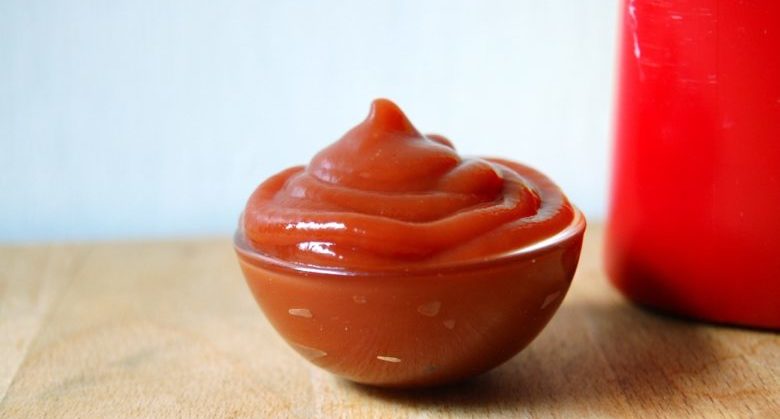
Condiments like ketchup and some salad dressings are high in sugar and refined carbs. (Refined carbohydrates rapidly get absorbed into the bloodstream and cause spikes in blood sugar and insulin levels.) A 15-year study showed that people who ate excessive sugar (more than 25% of their daily calorie intake was from sugar) were over twice as likely to die of heart disease than those who consumed 10% or less added sugar each day. Be wary of the processed foods you purchase because many products have added sugar. (Wait til you read #15.) Condiments don’t share this dubious stage alone. Pasta sauce, bread and even yogurt might contain a lot of sugar and refined carbs.
5. Doughnuts

Trans fats (a.k.a. trans fatty acids or partially hydrogenated oils) are substances created in an industrial process that adds hydrogen to liquid vegetable oil. It makes the oil more solid and increases the shelf life of products—at the expense of the life of your heart. Trans fatty acids also increase your risk of stroke and type 2 diabetes. A 14-year study of 80,000 women found a correlation between consuming trans fats and developing heart disease. Read the labels of the products you buy to avoid consuming any trans fats. Here are products that typically are high in trans fats: cakes, pies, cookies (especially with frosting), biscuits, hard margarine, crackers, microwave popcorn, cream-filled candies, doughnuts, and fast foods.
6. Salt
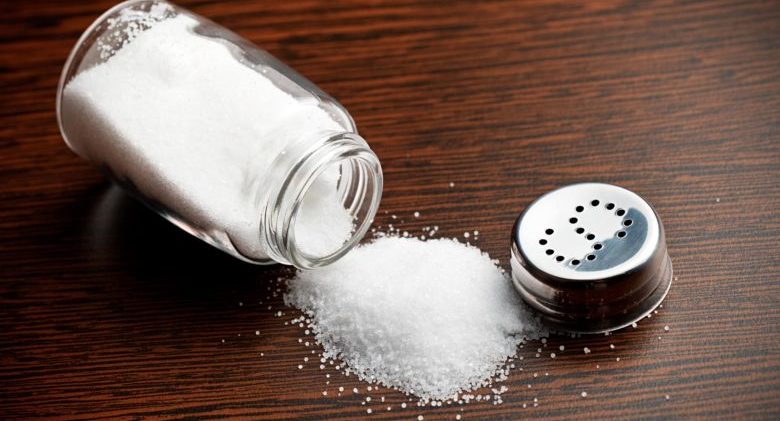
Don’t pass the salt. Hold the salt. For decades, salt has been called a leading cause of high blood pressure, a condition the raises your risk of a stroke…and a heart attack. Recent research shifts more of the blame on body weight, but let’s not let salt of the scale completely. Salt raises the amount of sodium in your bloodstream, and too much sodium can knock off the delicate balance of sodium and potassium in your blood. This can reduce the ability of your kidneys to remove the water, resulting in higher blood pressure. Not only can this damage your kidneys, it causes arteries to harden and narrow. This makes the heart work extra hard, and over time, could lead to failure.
7. Supersizing

In this case, it’s not so much the food but the size that matters. Since the dawn of Disco, portion sizes of food have grown and with them, the consumption of food. Studies show that if given more food or drink, people eat or drink more, regardless of whether they enjoy the product. This is an important distinction as extra-large sizes and “supersizing” have become a popular norm, especially in fast food restaurants. And as portion sizes increase, so do body sizes. One longitudinal study followed 3,000 young adults for 13 years. It showed that those who ate more fast food weighed an average of about 13 pounds more and had larger waists than people who ate significantly less fast food. Extra weight, and obesity, lead to several health issues including causing the heart to work harder which can lead to heart disease or failure.
8. Pork
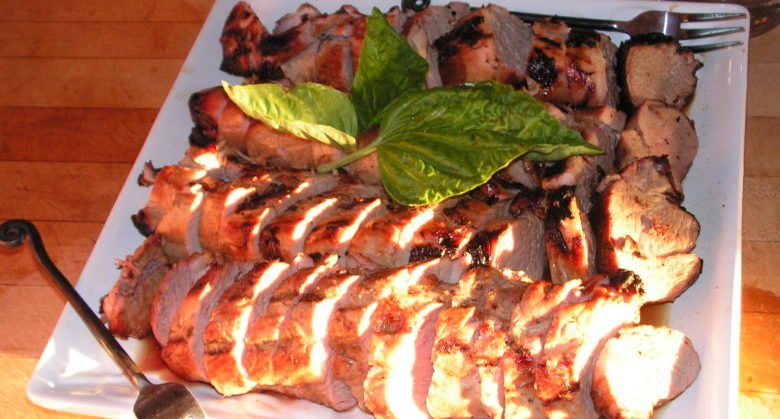
Pork, along with fatty meats, are high in saturated fat, the type of fat that raises LDL (the “bad”) cholesterol. High levels of LDL in your blood increase your chances of stroke…and heart disease. As a very rudimentary example, cholesterol acts like marbles glued inside a garden hose. As water flows, the marbles inhibit the flow. In the case of your bloodstream, the heart has to pump harder to keep the blood flowing around the marbles (the cholesterol). The more cholesterol, the harder the heart must work, and this can eventually lead to a shut down, a.k.a., a heart attack. Saturated fats occur naturally in many foods, mainly in dairy and meats. The biggest meat culprits are fatty beef, lamb, pork, and poultry with the skin.
9. Red Meat
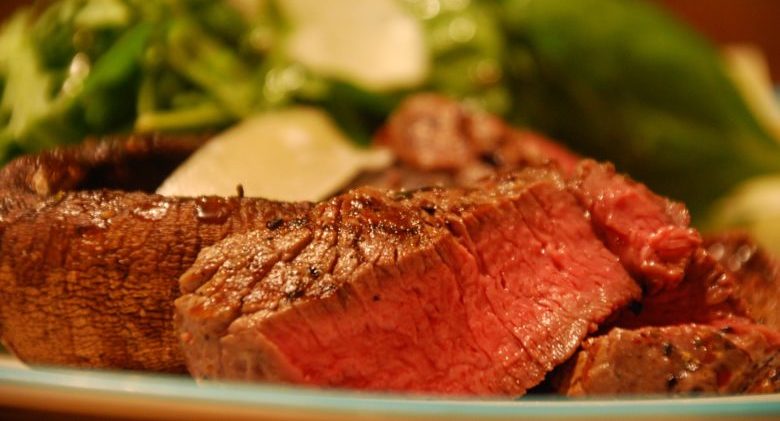
Long-thought to be dangerous for hearts worldwide due to the high level of saturated fat, red meat is now known to possess a different danger: carnitine. This is a protein plentiful in beef, lamb, and venison that is thought to be a catalyst that speeds up the hardening and thickening of artery walls. Studies have repeatedly shown a strong connection between the amount of red meat people eat and their increased risk of dying due to heart disease. However, “the amount of cholesterol and fat in the red meat is not enough for the increased risk that’s observed. There’s more to it than just the fat,” says Stanley Hazen, MD, PhD, of the Miller Family Heart and Vascular Institute at Cleveland Clinic. Could be the carnitine. Whatever it is, limit your consumption.
10. Sausages
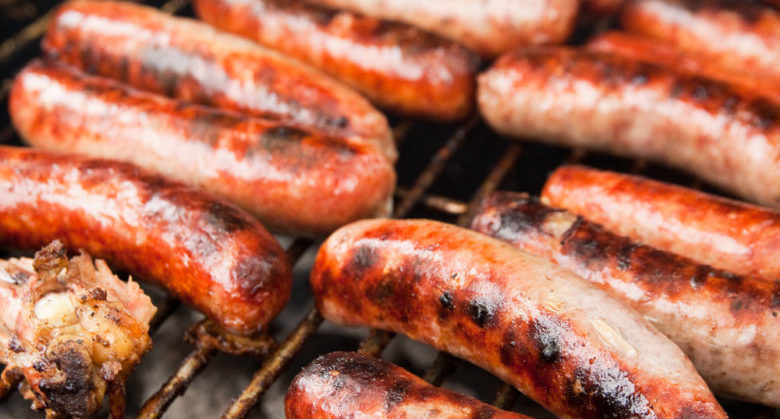
Processed meats like hot dogs, bacon, lunch meat and sausages come with loads of sodium and preservatives. And often nitrates and sodium nitrate. It’s believed that sodium nitrate can damage blood vessels, resulting in hardened, thickened arteries that become narrow. You know what that means. It’s a path to heart disease that could wind up causing the overworked heart to shut down. Research shows that eating just one serving of processed meat daily (like one or two slices of deli) is associated with a 42% increased risk of heart disease. Choose lean, fresh meat and poultry, and keep serving sizes small.
11. Coffee Creamer

Morning-saving coffee has no calories, but many people like to add sweeteners and cream or milk. These deliver calories. Non-dairy creamers, that is, cream made without milk, provide something else: trans fat. (Remember trans fats? Its stage name is hydrogenated oil.) To produce cream without milk, manufacturers use a chemical process…and in the process add heart unhealthy trans fats. These compounds are not good for any part of your body, especially your heart. Incidentally, non-dairy creamers are flammable. When The MythBusters ignited a barrel of the white liquid, the fireball sent them running. For your next cup of joe, maybe add milk or real cream.
12. Ice Cream

It’s the sugar. The American Heart Association recommends limiting sugar intake in a world (an American-world) where the white poison is becoming ubiquitous. Obesity and its soon-to follow-friend, heart disease, have increased dramatically, and the AHA considers sugar consumption a likely culprit. They recommend women consume no more than 100 calories per day from added sugars and men, 150 calories from added sugars. According to the USDA, added sugars are sugars and syrups added to foods or beverages during processing or preparation. This does not include naturally occurring sugars like those in milk and fruit.
13. Waffles
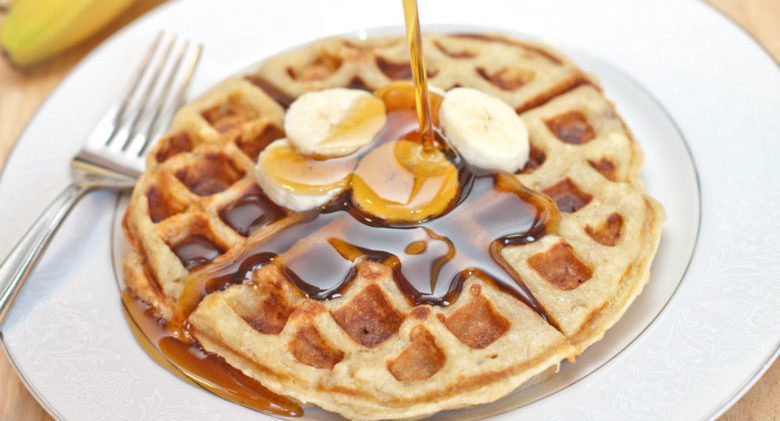
Once again, sugar is the problem. Unless, of course, you are eating waffles made of whole grains and you are covering them with fruit or unsweetened yogurt. (You can forget about syrup.) Oh, and the oil you use to prepare said whole grain waffles has to be heart-healthy oil. Most people rely on the restaurant-variety or store brand plain waffles that are made with white flour. According to the U.S. Department of Health and Human Services, you can enjoy any type of waffle once in awhile without worrying—as long as you’re sticking to an otherwise healthy diet. Of course, it goes without saying a daily dose of waffles and ice cream is something to avoid!
14. Sweetened Yogurt
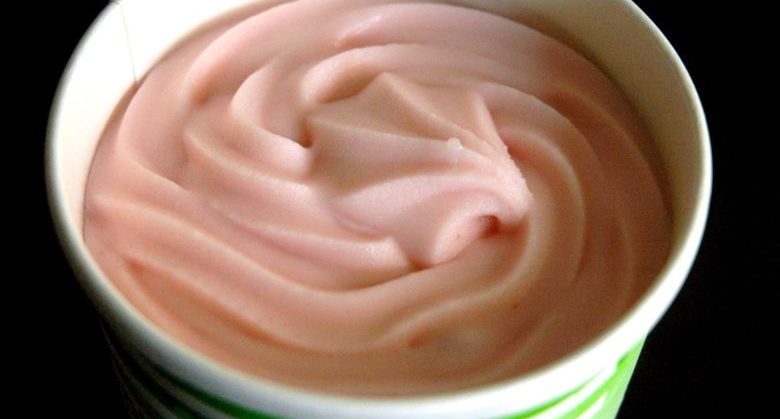
If you eat non-sweetened yogurt every day, you have a good chance of keeping plaque build-up in your carotoid arteries to a minimum. The carotoid arteries are major blood vessels that bring blood to the brain. The health of these vessels are predictors to the risk of strokes and heart attacks. 100-200 grams of yogurt daily is good for your carotoid arteries, and therefore for your heart as well. This is what the 2011 study on 1,080 women over the age of 70 discovered. However, and this is a big “however,” another study found that people who got 17 to 21% of their calories from added sugar, like that found in pre-sweetened yogurt, had a 38% higher chance of dying from heart disease. Eat plain yogurt and add your own fruit if you want it sweet.
15. Processed Foods

In 2014, Arizona heart surgeon, Dr. Dwight Lundell, cast the spotlight on how to prevent and even reverse heart disease: eat natural foods. If so, then the opposite is true. Processed foods lead to heart disease. He says the packaged goods we consume in great quantity destroy the walls of our blood vessels because of chronic inflammation. This causes cholesterol to stick to the walls that form plaques that ultimately block the blood in the vessel. The result—stroke or heart attack. Seven years earlier, Harvard Medical School’s Harvard Health Publications shared this sentiment and encouraged reaching past the packaged food to grab more fruits and vegetables.
[Featured Image Credit: www.dailydot.com]
